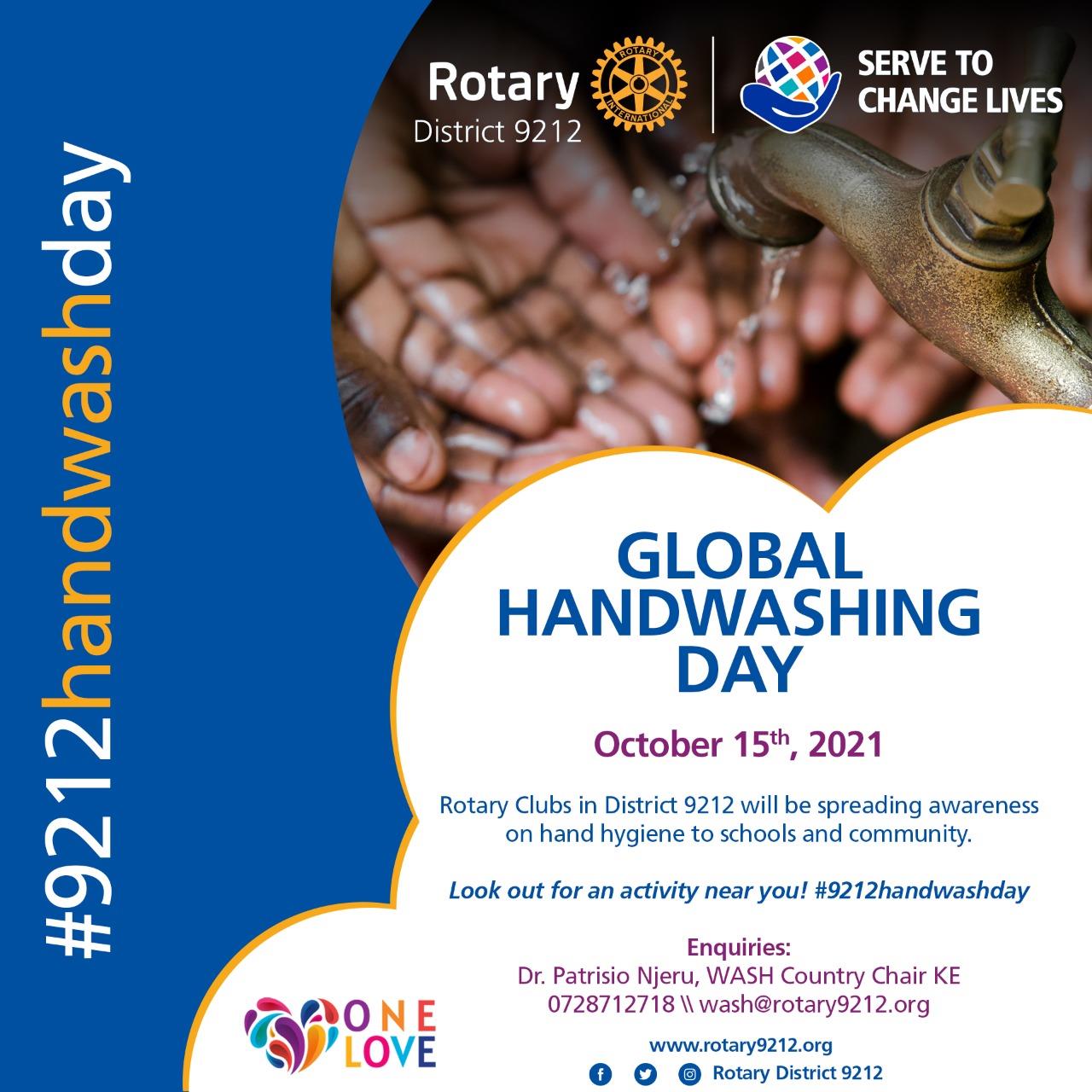
By AG Dr. Patrisio Njeru
WASH Country Chair, Kenya
The COVID-19 pandemic provides an important reminder that one of the most effective ways to stop the spread of germs and stay healthy is also one of the simplest — hand washing with soap and water. Keeping hands clean can prevent 1 in 3 diarrheal illnesses and 1 in 5 respiratory infections, such as a cold or the flu. Each year on October 15, Global Handwashing Day highlights the importance of handwashing with soap and water at home, in the community, and around the world.
Did you know the guy who actually invented Hand Washing Hygiene actually got fired for suggesting that Doctors could be responsible for the neonatal deaths that by that time were at an 18% high?
This is how it went; Ignaz Semmelweis was a house officer at the Vienna General Hospital in the mid-1800s; while working there; he observed that the death rates of mothers and child during delivery was abnormally high. By this time germs had not been discovered and hence the deaths were attributed to miasma – bad smells in the air – emanating from rotting corpses, sewage or vegetation. Actually to avoid contracting disease, people used to close their doors and windows tightly so that such smells could not come in.
So it didn’t seem a problem that trainee doctors at Vienna General would hang out in the morgue dissecting corpses to figure out what had rendered them dead and then pop up to the maternity ward to deliver a baby without washing their hands. One of them then accidentally got cut by a scalpel during a dissection and died, seemingly of the same childbed fever the mothers had been getting. Semmelweis hypothesized that cadaverous particles from the morgue were to blame, and that such particles on the hands of doctors were making their way into women’s bodies during childbirth.
To test his theory, he ordered doctors to wash their hands and instruments in a chlorine solution, a substance he hoped would dispatch the deadly smell of cadaverous particles. Before his experiment, the mortality rate for new mothers was as high as 18%. After Semmelweis implemented hand hygiene between the morgue and the delivery room, the rate of mortality for new mothers dropped to about 1%. And that’s how he lost his job; doctors considered it an insult to even insinuate that their hands were dirty and were responsible for the deaths.
The compliance pre-covid has remained low despite the knowledge that handwashing can prevent spread of diseases. In her book, Surviving a germ free world; Wahrman cites research undertaken with university students in 2009, published in the American Journal of Infection Control. “After urinating, 69% of women washed their hands, and only 43% of men,” she says. “After defecation, 84% of women and 78% of men washed their hands. And before eating – a critical time to wash your hands – 10% of men and 7% of women washed their hands.”
October 15 is Global Handwashing Day, a global advocacy day dedicated to increasing awareness and understanding about the importance of handwashing with soap as an effective and affordable way to prevent diseases and save lives. The first Global Handwashing Day was held in 2008, when over 120 million children around the world washed their hands with soap in more than 70 countries. Since 2008, community and national leaders have used Global Handwashing Day to spread the word about handwashing, build sinks and tippy taps, and demonstrate the simplicity and value of clean hands. In rotary; we are called upon to contribute into this initiative in any small way we can as a club. We need to innovate and be creative in how we can join this noble advocacy initiative; we can do so by donating soaps, sanitizers, hand washing stations, teaching a school of a community how to make soap etc. Global Handwashing Day is endorsed by governments, schools, international institutions, civil society organizations, NGOs, private companies, individuals, and Rotary Clubs are not left behind in this.
The 2021 Global Handwashing Day theme is “Our Future is at Hand, - Let's Move Forward Together"
What Can we do as Rotarians?
- Spend the day with communities around us and teach them the importance of handwashing
- Donate handwashing stations
- Donate soap
- Teach communities around us how to make affordable soap at home using cheap ingredients
- Have fun washing hands
- Make a 20-30second video clip of you and your family or colleagues washing hands
- Post video clips and photos and #9212HandwashDay
This day gives us an opportunity as Rotary Clubs to join other Health organizations and community groups in designing, testing, and replicating creative ways to encourage people to wash their hands with soap at critical times.
No matter your role, you can celebrate Global Handwashing Day!
Email: wash@rotary9212.org
AG-Dr. Patrisio Njiru Njeru
Country WASH Projects Chair -KE –District 9212